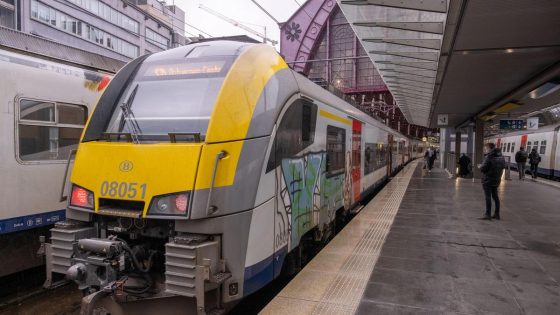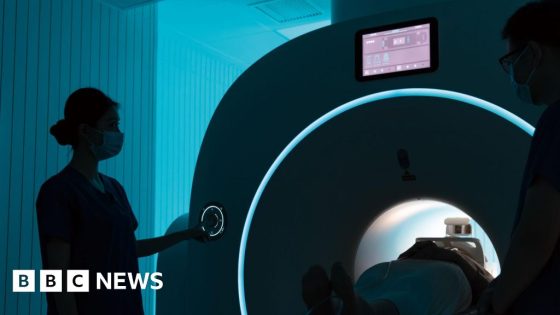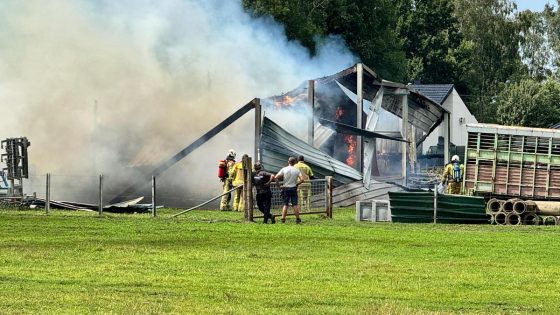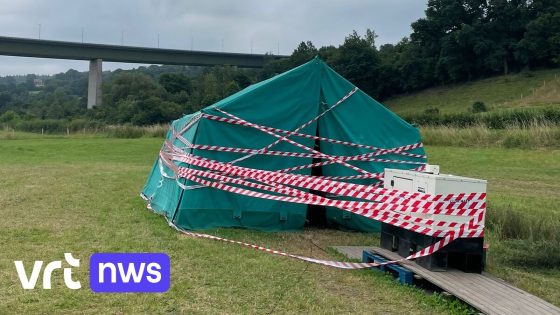A Belgian train driver recently sparked controversy after filming a live TikTok video while operating a train between Geraardsbergen and Bergen. This incident, which unfolded in September last year, led to his dismissal by NMBS. The driver contested the decision and appealed to the Raad van State, arguing that his actions did not interfere with his duties.
- Train driver livestreamed while operating train
- NMBS terminated driver after internal investigation
- Driver claimed no work interference occurred
- Court ruled against driver’s appeal
- NMBS cited reputational damage concerns
- Smartphone use prohibited during service
Despite admitting to recording the video during work hours, the driver claimed he only interacted with viewers before departure and placed his phone on a stand once the train was moving. He insisted that he remained fully focused on driving and could not monitor the live broadcast while operating the train. However, the court ruled against him on 2025-08-08 23:00:00, upholding NMBS’s decision.
Why does this case matter for Belgian commuters? And can social media use ever be justified during train operations? The Fast Answer below sheds light on these questions.
This ruling highlights the critical balance between employee conduct and public safety. It also raises questions about the role of social media in professional settings. Key points include:
- NMBS argues that smartphone use during service damages its reputation and passenger trust.
- Professional regulations explicitly forbid mobile phone use while operating trains.
- The driver’s claim of focusing solely on driving was rejected by the court.
- The decision reinforces strict safety standards for Belgian train operators.
As social media continues to influence daily life, Belgian transport authorities must remain vigilant in enforcing rules that protect passengers. Will future policies adapt to new technologies, or will strict bans persist? For now, NMBS’s firm stance sends a clear message about responsibility on Belgian rails.
































